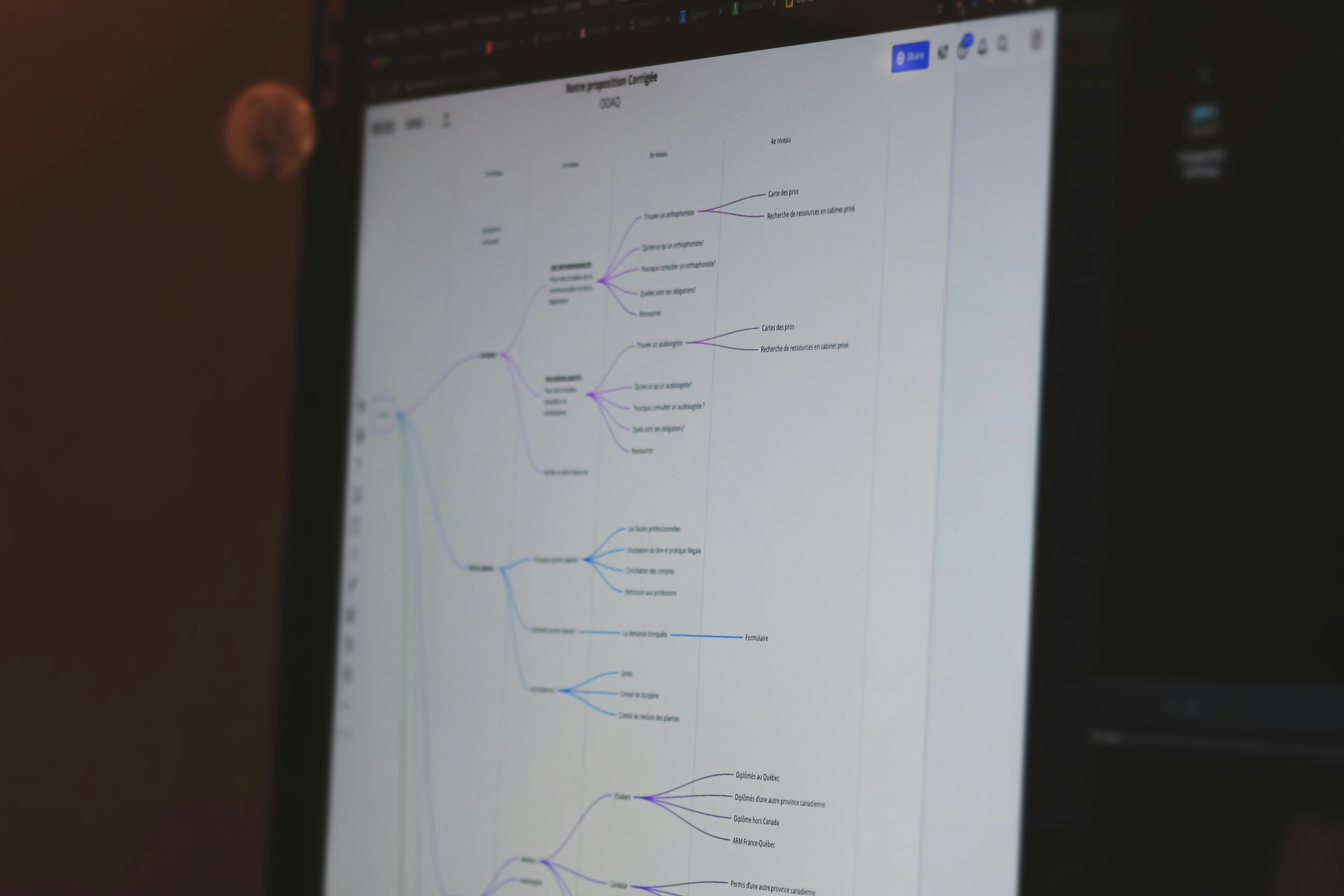While reaching global markets is important for businesses, successfully targeting different cultures is what differentiates from the competition, including international SEO. If your business is going global, consider these localization best practices for effectively reaching consumers.
Translate Your Website
Part of your localization strategy should be to offer your website in different languages. The research firm IDC has suggested that “web users are four times more likely to purchase from a company that communicates in their own language” (entrepreneur.com). Geography is not an accurate predictor of language, however, as most countries are multilingual, and websites for these regions would require multiple languages to be available.

Allow users in a given country to choose their language upon entering the website. Not only that, consumers may want further cultural adaptation.

Dates & Currency
Displaying the local date and time is preferred by consumers as this makes their experience easier and avoids confusion. Your eCommerce website may promise to deliver goods on 10/11/15, but for UK customers this date means 10 November 2015, while American customers will presume it is 11 October 2015. And while prices should be displayed in the local currency, your website should also offer a variety of payment methods. In the Netherlands, iDeal is the preferred method of payment when shopping online, while some countries like to pay cash on delivery. Identifying and offering local payment options is a fundamental part of localization as consumers are more likely to trust your website, choosing you ahead of the competition.

Alignment of Text
As there are cultural differences when targeting different regions, it is important to be aware and accommodating of these distinctions to optimize international search engines. Consider that, in Western countries, people read in an F-shaped pattern, meaning most information on a website is on the left side as this is where most of their attention goes. However, in Arabic countries people read from right to left … businesses targeting this area should consider this during the localization process.

Layout and Unicode
Sometimes, the amount of space required for translated content may differ. A word in English may take up to 10 characters in French, or just two characters in Japanese. Most languages in the world use unique character sets. Remember to properly encode the website to ensure characters in different languages do not appear as weird symbols.


International SEO
Content should be crafted distinctly and relative to each region. Set up subdirectories or subdomains to help users and search engines find the most suitable content for a specific region. As search engines need a particular URL to index for each version of a web page that has been translated, each language you translate your website into should have a unique URL.
For example, subdirectories will look like this:
- example.com/es
- example.com/fr
While subdomains will look like this:
- es.example.com
- fr.example.com
Google take these unique URLs into account for ranking in multiple regions.
SEO With Localize
Localization best practices can be made easy by using Localize … as we help support businesses and help them link to translated versions of the site with specific HTML tags. Localize also encourages businesses to pre-render pages by installing code for Node.js apps to help maximize multilingual SEO performance.

The Fundamentals of International SEO
Research, targeting, and optimization for each market will be different. By identifying the keywords and phrases used to search for your business, products, or services in international markets, you can see which keywords are bringing natural search traffic to your site and from which countries.

When targeting specific countries, select those that have enough organic search volume of relevant and somewhat competitive keywords, that will allow you to get the most of your international SEO process. To best optimize for search engine rankings, businesses should ensure their websites are crawlable, indexable, and relevant to target consumers.



%201.png)




